The topic for this month's Round Robin Blog Hop is: How do you choose your characters' names? Are there any you avoid?)
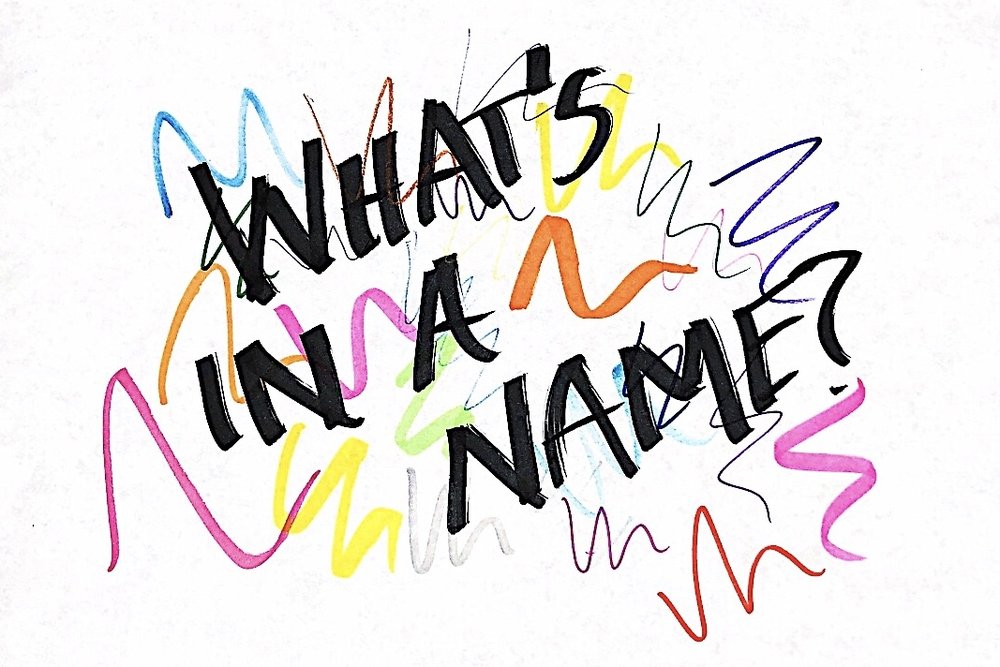 Character naming is one of my favorite parts of creating a new story world and most of the time I spend a lot of thought on it, especially for my main characters. The choice of a name is part of creating the character itself because it needs to fit. It needs to sound pleasant and memorable and it needs to fit the era, time, place, social status, ethnicity and personality. Most of all, it needs to plant an indelible image of a character in your reader’s mind. One he cannot turn his back on. A character he can care about, cheer for and cry for, laugh with and triumph with. You only have one chance to make a first impression whether you’re going for a job interview, a blind date or creating a new character. Your character’s name is the first thing the reader knows about your character. Even before they open the book, your protagonist’s name is on the back cover and in the blurb. MAKE IT COUNT!
Character naming is one of my favorite parts of creating a new story world and most of the time I spend a lot of thought on it, especially for my main characters. The choice of a name is part of creating the character itself because it needs to fit. It needs to sound pleasant and memorable and it needs to fit the era, time, place, social status, ethnicity and personality. Most of all, it needs to plant an indelible image of a character in your reader’s mind. One he cannot turn his back on. A character he can care about, cheer for and cry for, laugh with and triumph with. You only have one chance to make a first impression whether you’re going for a job interview, a blind date or creating a new character. Your character’s name is the first thing the reader knows about your character. Even before they open the book, your protagonist’s name is on the back cover and in the blurb. MAKE IT COUNT!
XX
I have a baby naming book on my shelf next to Sherrilyn Kenyon’s Character naming sourcebook that includes names listed by ethnic or heritage backgrounds, and another book listing all the surnames found in the US that tells me where those names originated. The books include meanings and historical use, pet or nicknames. There are online baby name lists and there is also a site listing 100 most popular names in any given year to get a historical perspective.
XX
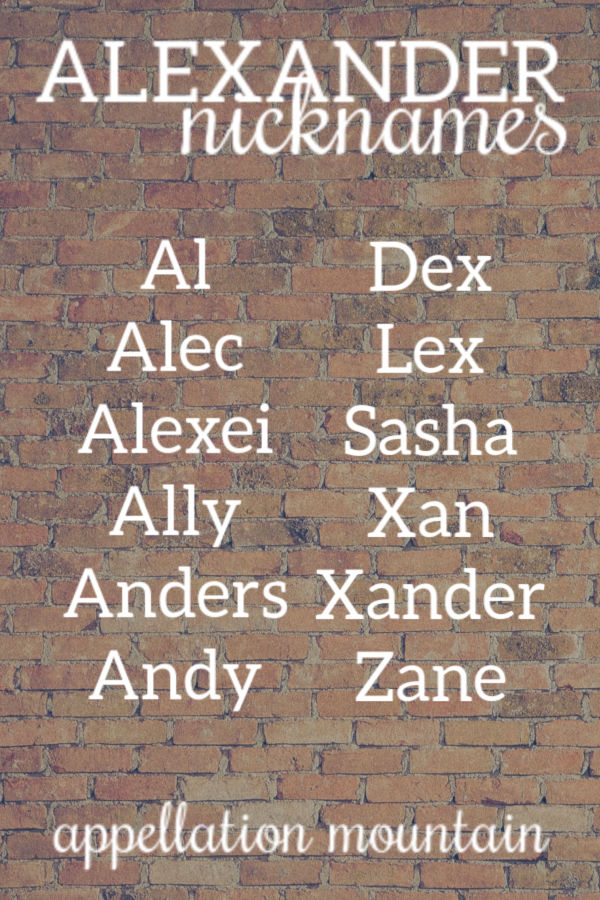 For my heroes and heroines, whose personal lives I’ll delve into beyond just the plot of the story, I’m careful to pick names that have nicknames that sound just as well with the surname as the given name does because sooner or later someone in your story will be using a nickname. Mom or dad might call their child Cameron or Margaret or Alexander for their offspring’s entire life, but siblings, schoolmates, co-workers, lovers and friends will find ways to shorten it. My oldest daughter was named Roberta after her dad’s childhood friend. She’s been Bobbi all her life. My second daughter, Rebecca was Becky growing up. So when daughter number three came along I named her Lori thinking that no one would ever shorten it. Hah! That joke was on me. Her gymnastics coach called her Lor. Thus, for my story characters, I am careful to choose a name that has a nickname that I like, that fits the character, the story and the era.
For my heroes and heroines, whose personal lives I’ll delve into beyond just the plot of the story, I’m careful to pick names that have nicknames that sound just as well with the surname as the given name does because sooner or later someone in your story will be using a nickname. Mom or dad might call their child Cameron or Margaret or Alexander for their offspring’s entire life, but siblings, schoolmates, co-workers, lovers and friends will find ways to shorten it. My oldest daughter was named Roberta after her dad’s childhood friend. She’s been Bobbi all her life. My second daughter, Rebecca was Becky growing up. So when daughter number three came along I named her Lori thinking that no one would ever shorten it. Hah! That joke was on me. Her gymnastics coach called her Lor. Thus, for my story characters, I am careful to choose a name that has a nickname that I like, that fits the character, the story and the era.
XX
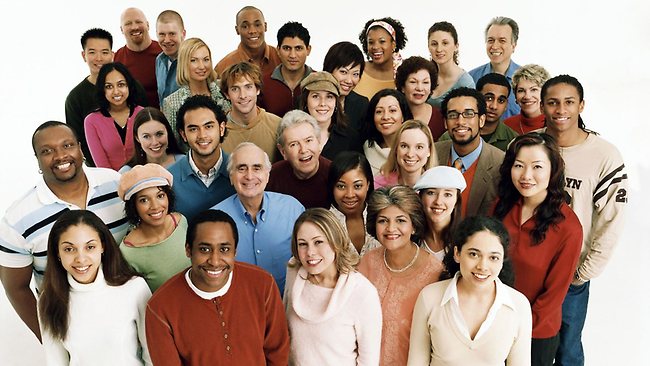 I also pay attention to ethnicity. It’s not that a blue-eyed, blond can’t be named Jahzara or Diego, but the reader will unconsciously see something very different when they say the name in their mind, just as Sven or Fiona would be unlikely to have dark swarthy features. Unless this confusion is what you are aiming for. The same goes for sex. You can name a girl Stevie, but make sure that masculine nickname fits the personality you are going to endow her with. In my mystery series, my heroine is named Jessalyn Quinn. Her dad called her Jessie-girl, but mom and her uptight ex-husband always call her by her full name so when she decided to become a cop, pursuing a (female deputy) career both mom and the ex disapproved, my heroine decided to call herself Jesse. It fits the personality I have given her, the
I also pay attention to ethnicity. It’s not that a blue-eyed, blond can’t be named Jahzara or Diego, but the reader will unconsciously see something very different when they say the name in their mind, just as Sven or Fiona would be unlikely to have dark swarthy features. Unless this confusion is what you are aiming for. The same goes for sex. You can name a girl Stevie, but make sure that masculine nickname fits the personality you are going to endow her with. In my mystery series, my heroine is named Jessalyn Quinn. Her dad called her Jessie-girl, but mom and her uptight ex-husband always call her by her full name so when she decided to become a cop, pursuing a (female deputy) career both mom and the ex disapproved, my heroine decided to call herself Jesse. It fits the personality I have given her, the 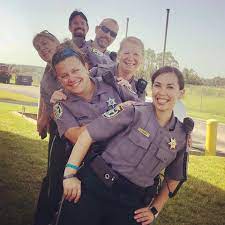 determination she displays to become her own person post-divorce and the reputation she gained for herself early on in the world of law enforcement. She’s a sexy, diminutive red-head who managed to subdue three far larger thieves in a convenience store hold-up when she was barely off probation, so when a new deputy meets her for the first time, his reaction is a double take followed by the comment, “You’re that Jesse Quinn?” My original choice was Jack, but then I realized there were three female law enforcement characters named Jack on popular TV series, so instead she became Jessalyn and Jesse instead of Jacqueline and Jack. Her red hair and feisty personality goes well with the Irish heritage suggested by Quinn.
determination she displays to become her own person post-divorce and the reputation she gained for herself early on in the world of law enforcement. She’s a sexy, diminutive red-head who managed to subdue three far larger thieves in a convenience store hold-up when she was barely off probation, so when a new deputy meets her for the first time, his reaction is a double take followed by the comment, “You’re that Jesse Quinn?” My original choice was Jack, but then I realized there were three female law enforcement characters named Jack on popular TV series, so instead she became Jessalyn and Jesse instead of Jacqueline and Jack. Her red hair and feisty personality goes well with the Irish heritage suggested by Quinn.
XX
Another consideration is what era or time have you set your story. Is it in the past when many of the names we are familiar with today were either unheard of or uncommon. In Gone with the Wind Ashley is a man. During that same time period Evelyn was also a masculine name so you wouldn’t want to name a female character Ashley or Evelyn in the 1800s, just as you wouldn’t choose Milika or Tayshaun in Regency England high society, or even in the black communities of the American south during that same time period. If your story is set in the US during the last 100 years, you can google most popular names in Social Security records to find what was and was not common at the time. Google has become a great resource for finding appropriate names for any ancestry or ethnicity in any era, country, or social status.
XX
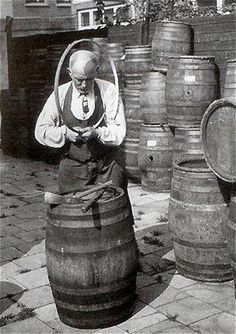 Another note on historical names is the meaning of some/many surnames. Today you hear about a man named Cooper and you might think actor or soldier, but in ages past Cooper meant someone who makes barrels. Smith, Taylor, Wainright (Wagon maker) and dozens of others began to be used when surnames first became a thing. Don’t forget there was a time when surnames were not used at all. And in some societies, the surname was simply your father’s or mother’s name added to your own, as in Elias John, who was Elias the son of John. Some surnames were place names: Hill, Ford, Rivers etc, or descriptive like Cameron which means hooked nose in
Another note on historical names is the meaning of some/many surnames. Today you hear about a man named Cooper and you might think actor or soldier, but in ages past Cooper meant someone who makes barrels. Smith, Taylor, Wainright (Wagon maker) and dozens of others began to be used when surnames first became a thing. Don’t forget there was a time when surnames were not used at all. And in some societies, the surname was simply your father’s or mother’s name added to your own, as in Elias John, who was Elias the son of John. Some surnames were place names: Hill, Ford, Rivers etc, or descriptive like Cameron which means hooked nose in 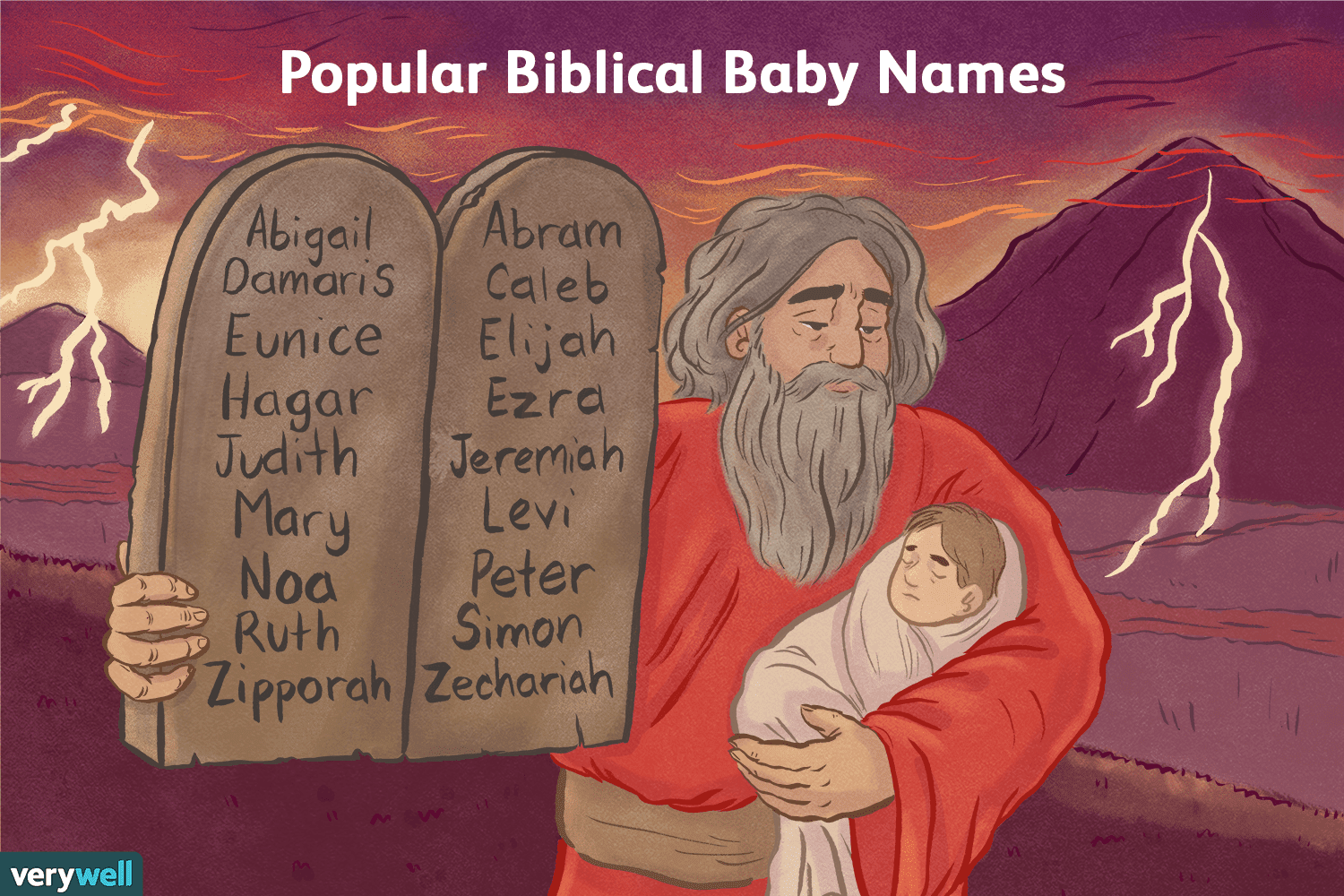 Scotland. Many names have meanings that we more or less ignore today, like Alexander which means protector, or Gabrielle – God’s Servant. And then there is always the Bible from which a huge portion of the names we hear every day originated either in their current form or an earlier spelling. Another thing to consider in historical settings would be social standing. Billy Bob would not be a Harvard professor and Montgomery equally unlikely for a dirt farmer in Iowa.
Scotland. Many names have meanings that we more or less ignore today, like Alexander which means protector, or Gabrielle – God’s Servant. And then there is always the Bible from which a huge portion of the names we hear every day originated either in their current form or an earlier spelling. Another thing to consider in historical settings would be social standing. Billy Bob would not be a Harvard professor and Montgomery equally unlikely for a dirt farmer in Iowa.
XX
 There are general rules to at least keep in mind when naming your characters. I’ve heard it mentioned in several places not to use the same first letter too often as Keith, Kevin and Ken can confuse the reader. Even if you have two sisters, who happen to be twins, using Sheila and Sasha could become a brain game for the reader to recall which is which. Best-selling author Stuart Woods, for reasons I’ll never understand has a protagonist named Stone Barrington, which is fine, until he falls for a beautiful woman named Arrington Carrington. I hadn’t read far into that book before wanting to throw up. I have no idea why this seemed like a good choice for the woman’s name.
There are general rules to at least keep in mind when naming your characters. I’ve heard it mentioned in several places not to use the same first letter too often as Keith, Kevin and Ken can confuse the reader. Even if you have two sisters, who happen to be twins, using Sheila and Sasha could become a brain game for the reader to recall which is which. Best-selling author Stuart Woods, for reasons I’ll never understand has a protagonist named Stone Barrington, which is fine, until he falls for a beautiful woman named Arrington Carrington. I hadn’t read far into that book before wanting to throw up. I have no idea why this seemed like a good choice for the woman’s name.
XX
Naming a character should include thinking about the impression you want this character to make. Claud Bumblefoot would not inspire nearly as much confidence as James Bond or Sherlock Holmes. If you want a softer side for a top cop, ace flyer, super spy or sleuth, avoid the single hard syllable first name. No loss in stature with names like William or Lawrence. You want a take-charge woman, consider Sidney, Dallas or Elizabeth. Pansy might teach kindergarten and Brandy mixes drinks in a bar.
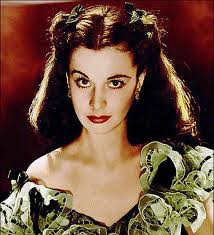


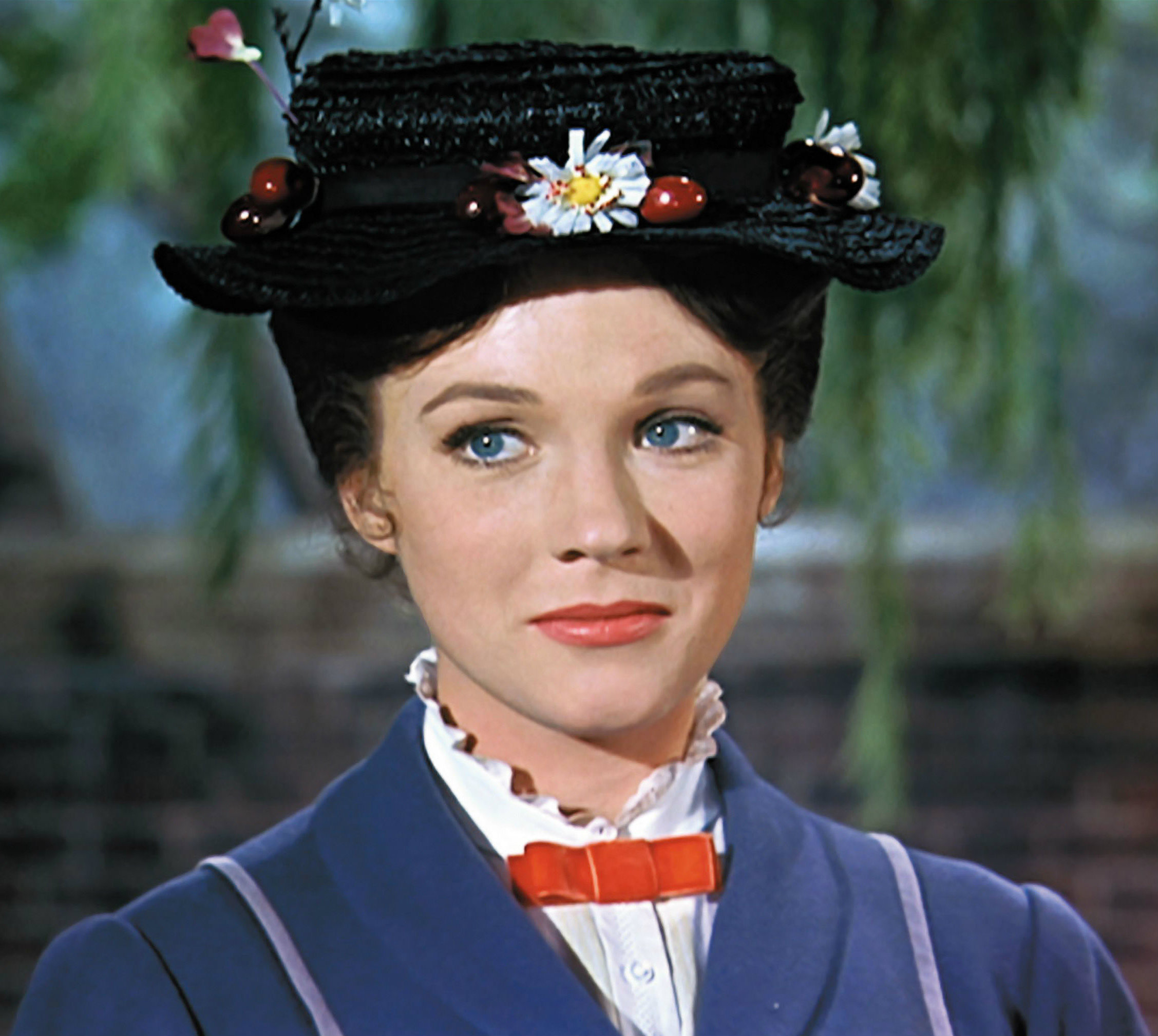
Think about the characters you’ve met over the years in books. What kind of impression does their name leave in your mind? Peter Pan, Jane Eyre, Heidi, Darth Vader, Rocky Balboa, Scarlet O’Hara, Forrest Gump, Charlie Brown, Mary Poppins, or Buffy Summers. Admittedly, the personality and achievements attributed to each are part of that impression, but what about when you first met them, before you got deeply into the story? Did the choice of name tip you off? Consider - Jack Reacher, no middle initial. Does that name suggest anything other than a no-nonsense man on a mission?
XX
To Summarize:
- Capture the personality
- Consider the heritage, ethnicity, social standing or era
- Make the first and last name flow off the tongue with ease
- Vary the names of your characters
- Keep the genre in mind
- Are you going to use nicknames and if so, make them fit the personality
- If your name breaks the rules, let the reader know the reason
XX
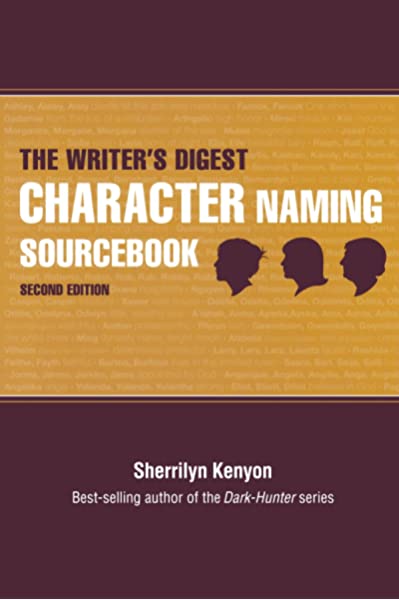 I confess, I spend far more time on picking out just the right names for my characters than many authors and have been known to change a name in the middle of writing when the name just doesn’t feel right as the character develops and grows. I also confess that there are a few characters that have popped onto the page, named themselves and proceeded show me how important they are to my story. Lucas Trevlyn in Keeping his Promise and Zoe in Falling for Zoe, among others, came into my head already christened and ready to join the action.
I confess, I spend far more time on picking out just the right names for my characters than many authors and have been known to change a name in the middle of writing when the name just doesn’t feel right as the character develops and grows. I also confess that there are a few characters that have popped onto the page, named themselves and proceeded show me how important they are to my story. Lucas Trevlyn in Keeping his Promise and Zoe in Falling for Zoe, among others, came into my head already christened and ready to join the action.
XX
Among many books on the topic, the one I always recommend to new writers (and have loaned out many times) is The Writer’s Digest Character Naming Sourcebook by Sherrilyn Kenyon. But why not hop on over now and see how these other authors go about naming their characters.

Anne Stenhouse
Victoria Chatham
Beverley Bateman
Helena Fairfax
Dr. Bob Rich
Marci Baun
Judith Copek
Connie Vines
Fiona McGier
Rhobin L Courtright